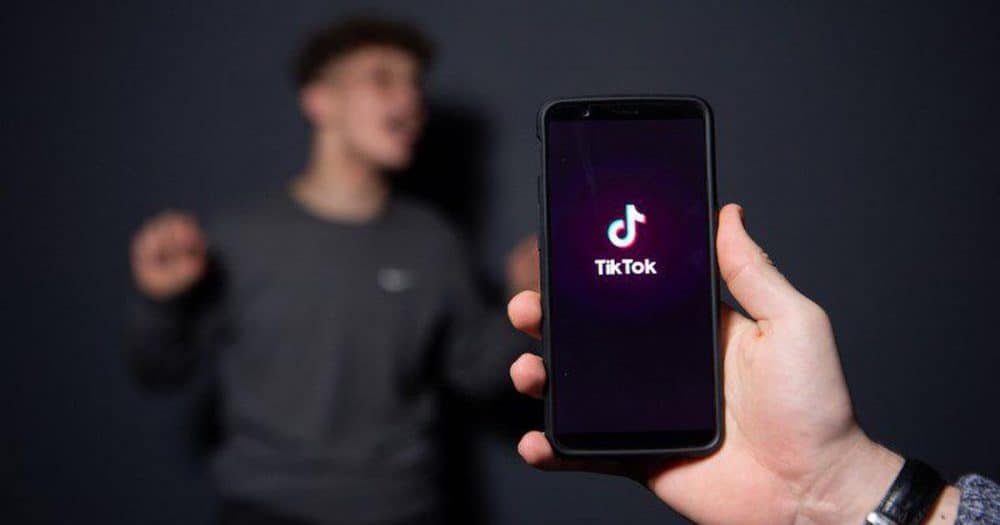NEW DELHI: Despite being pulled by the law enforecement agencies and experts for vitiating the digital atmosphere in the country, Chinese short video-making app TikTok has seen a phenomenal rise in the Indian market owing to a strong local network and giving marketers a platform to reach users in small cities.
According to global market research firm Forrester, due to TikTok’s success, short videos are getting a lot of attention again after the winding up of Twitter-owned Vine and China-based Kuaishou in recent times.
“In India, younger consumers living in metro and small cities use TikTok, which gives marketers a platform to reach users who are not easy to tap otherwise. SBI Life, an insurance company in India, did a campaign for its app ‘YONO’ to woo youngsters in small towns and garnered more than seven million views in a week,” Meenakshi Tiwari, Forecast Analyst at Forrester, told IANS.
The short video ad spending will reach $6.5 billion in 2020 – from $2.1 billion in 2018, growing at a compound annual growth rate (CAGR) of 25.5 per cent in that period.
This growth will come from increased revenue per user, as these apps have already acquired a huge user base. Competition among the short video apps for new users will also increase.
“TikTok’s success among non-Chinese consumers is partly due to its ability to adapt to domestic markets from a content and cultural point of view. In each country, TikTok has its own local team that plans and monitors content specifically for younger demographics; this has attracted a high number of active users on its platform,” Tiwari explained.
TikTok has 700 million users globally, out of which nearly 200 million are in India.
However, while the overall sentiment about short video is very positive, the future of these types of apps is uncertain, said the analyst.
“TikTok’s success may be short-lived, given the nature of the content and the history of short video apps like Vine, which eventually was discontinued in 2017, or Kuaishou, which took five years before it started monetizing the offering.
“On the other hand, given consumers’ shrinking attention span and the growing amount of media content they are bombarded with, the short video format seems like a perfect medium for brands to reach consumers. We expect this market to grow for the next few years,” Tiwari noted.
Forrester estimates that short video ad spending for the key Asia Pacific markets of Australia, China, India, Japan and South Korea will be $4.7 billion in 2019, with China accounting for 99 per cent of the spending.
Non-Chinese markets will gain momentum after 2019.
“We don’t expect short video ad revenue to be totally incremental, as it will cannibalize advertising on social media platforms like Instagram,” said the analyst.
TikTok advertising offers a good platform for brands that want to align with young, female consumers in the low to middle income group.
Apart from the popularity of the app and the access to hard-to-reach audiences, the ad cost is still lower than that of the established social giants.
“Spending $14,500 on a campaign will get you roughly 105,000 impressions onWeChat, 4.4 million impressions on Weibo, and 6 million impressions on TikTok,” informed the report by Tiwari.
[source_without_link]IANS[/source_without_link]

